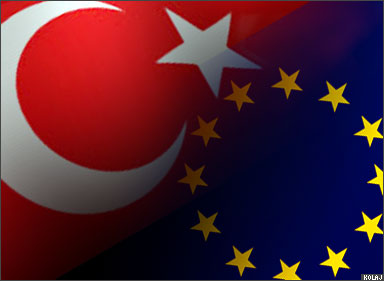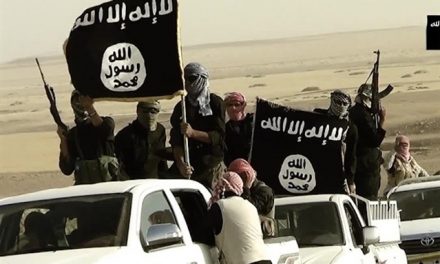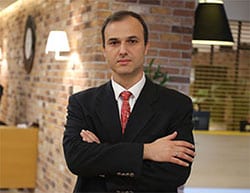by HANSJÖRG HABER, Hurriyet Daily News
Is it a “dirty deal” or an alliance against unscrupulous smugglers? Is it a bribe or a partnership to face an unprecedented refugee crisis? The EU-Turkey Joint Action Plan to assist Syrıan refugees and manage migration has been described by some commentators and even senior government officials in terms that have little to do with reality.
It is difficult to understand how funds that will go towards the education, housing and healthcare of needy Syrian refugees and Turkish host communities can be considered a “dirty deal.” After all, the EU’s decision to provide 3 billion euros in assistance follows a Turkish request and the repeated suggestion that the international community was not sharing the refugee burden. The European Union has now responded to Turkey’s plea.
In reality, the Action Plan targets the “push and pull factors” that lead Syrians to risk their very lives and those of their children to try to reach Europe. In the negotiations, legal barriers to finding a job was identified as a major push factor, so we are encouraged to see new Turkish legislation directly addressing this. Another “push factor” is lack of education for children in a language they can understand. The Action Plan will finance both tuition in Arabic and the educational infrastructure required.
Turkey estimates that it has spent $8-9 billion hosting refugees on its territory, but EU member states are also spending billions on refugees. Sweden, a country of less than ten million people plans to spend $3.5 billion for asylum and integration in 2016. That’s 4 percent of its annual budget.
But again, the EU rightly continues to commend Turkey for its efforts. Turks have every reason to be proud of their empathy and hospitality. But then EU taxpayer support for those same efforts can hardly be considered a bribe.
It also needs to be said that one of the pull-factors is that the EU accords Syrians their full rights under the 1951 Convention on the Status of Refugees, including a long-term perspective to live and work in Europe, whereas Turkey considers them as “guests” under temporary protection.
So is Europe simply trying to pay its way out of fulfilling its responsibility towards the refugees itself? No, Europe is determined to live up to its principles of humanitarian protection and solidarity. More than 1 million refugees arrived in Europe last year. Many were welcomed with open arms by Europeans who made us proud.
There is still no truth in that tired, old mantra of a “Christian Fortress Europe” keeping out Muslim refugees. Muslims account for 6 percent of the EU’s population and that will go up to 8 percent by 2030. It is estimated that in France, Muslims already make up 7.5 percent of the population, while in Germany, the Netherlands and Belgium, the figure is around 6 percent. In Bulgaria, it is 11.5 percent. To add a sense of perspective, Turkey is almost 99 percent Muslim and demographics suggest that it is set to stay that way.
Europe has a longstanding tradition of welcoming waves of foreigners from all over the globe who have enriched our society, culture and yes, our economy. Indeed the 13 million Muslims who today live inside the EU were born outside it. Europe does not share the same tight cultural, religious and historical bonds that the Turks have with the Syrians, but Europe will continue to welcome them even in the face of deep public concern following terrorist attacks carried out by the Islamic State of Iraq and the Levant (ISIL) both in Europe and Turkey.
So we should see the EU-Turkey Joint Action Plan for what it is. An agreement that recognizes our deep interdependence in tackling the largest wave of refugees since World War II with solidarity and respect for human rights that the people of Turkey and the EU rightfully expect.
Let us end mutual recriminations. The true culprits for the misery of the refugees are the Syrian regime and ISIL, not either of us. Our work will not be done until we have stood up for Syrian civilians and put an end to that brutality. This is what strengthens our resolve to bring an end to the conflict and gives refugees the prospect to re-build their lives at home.
*Hansjörg Haber is the ambassador and head of the EU Delegation to Turkey.



















